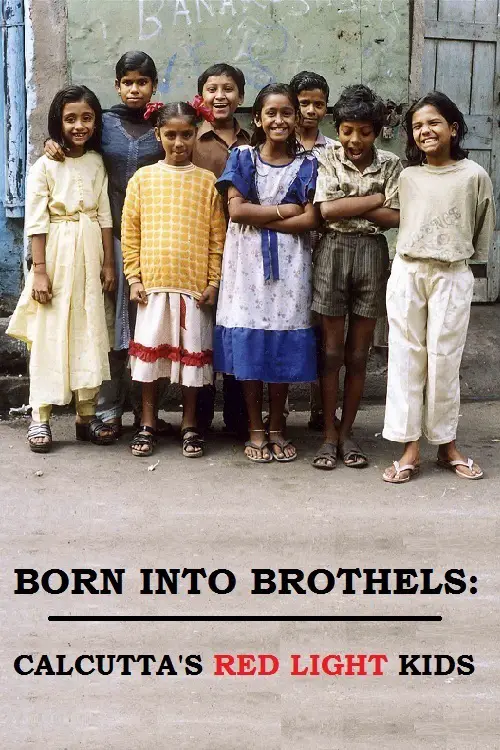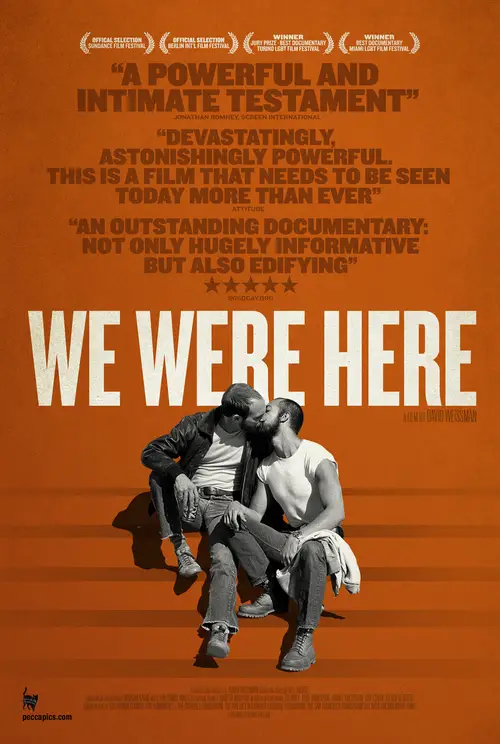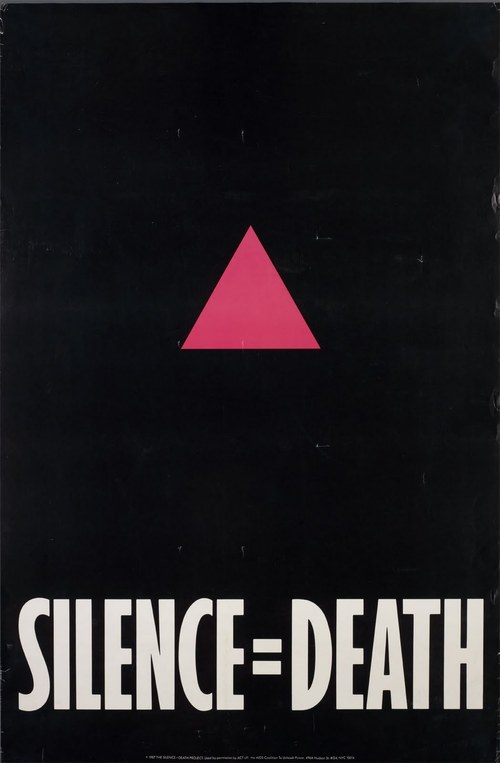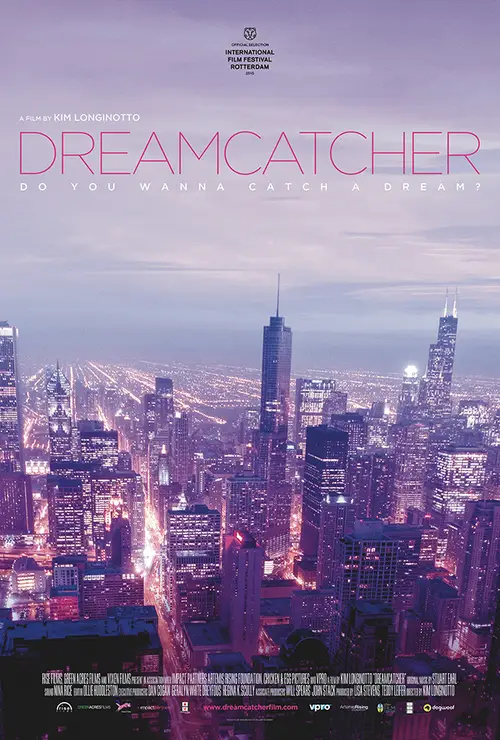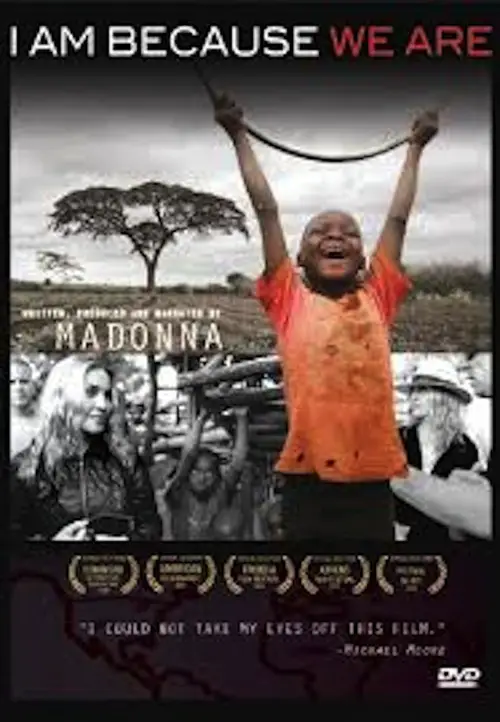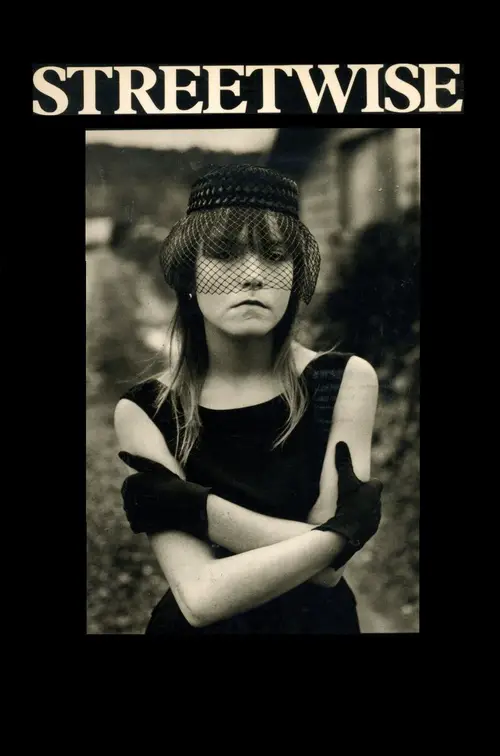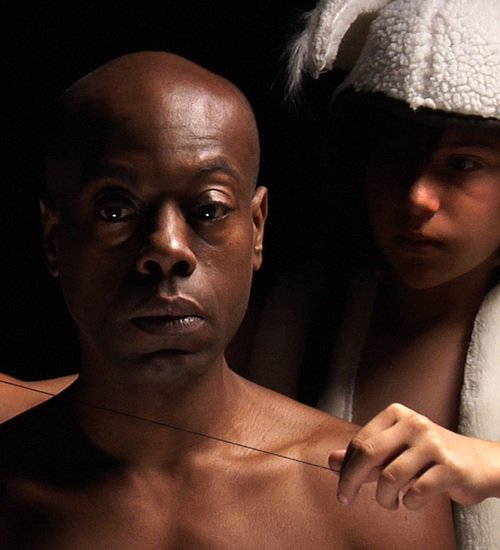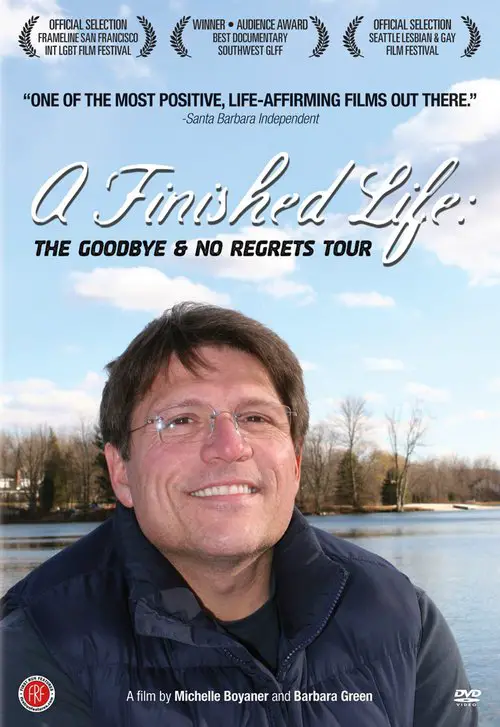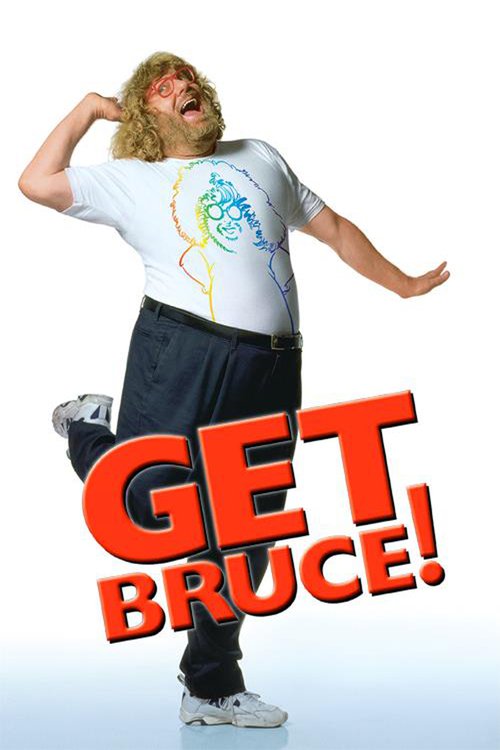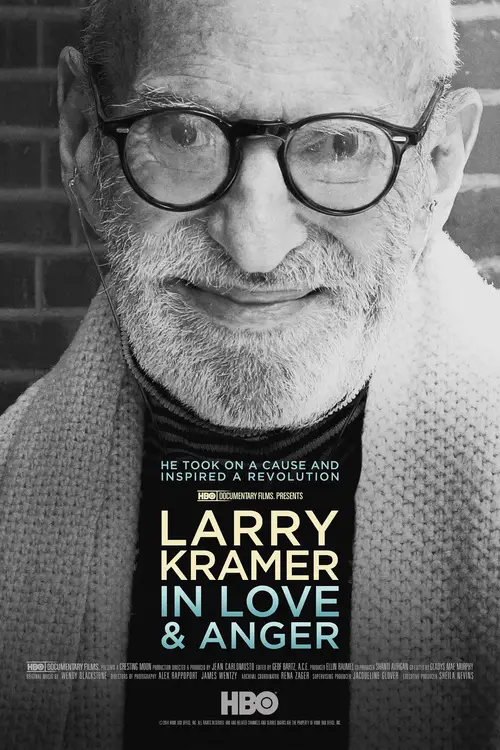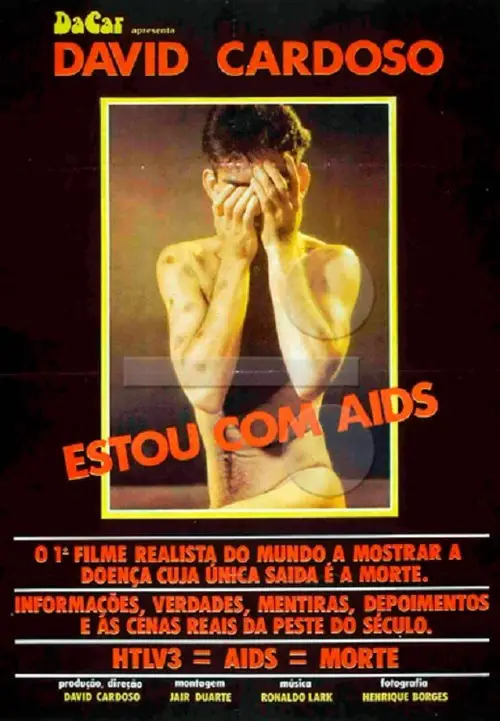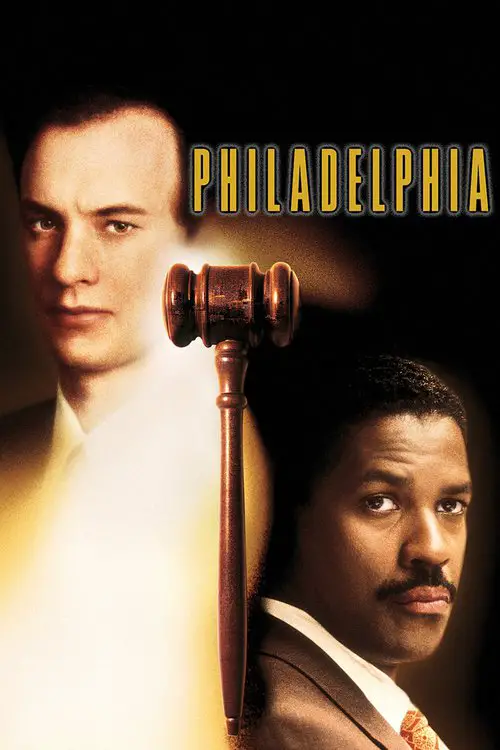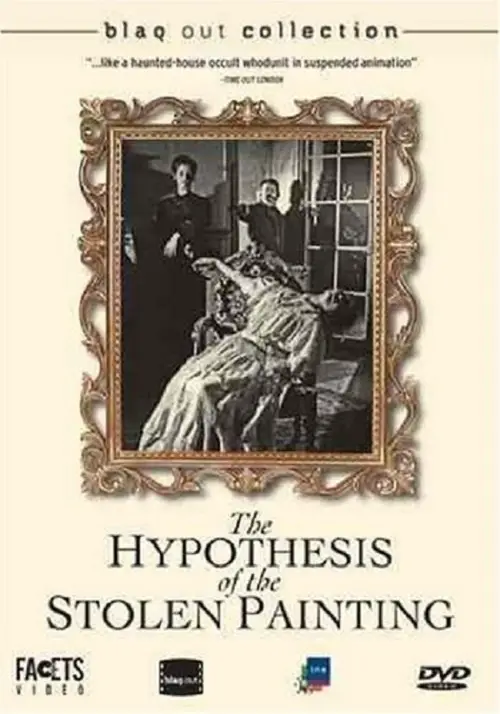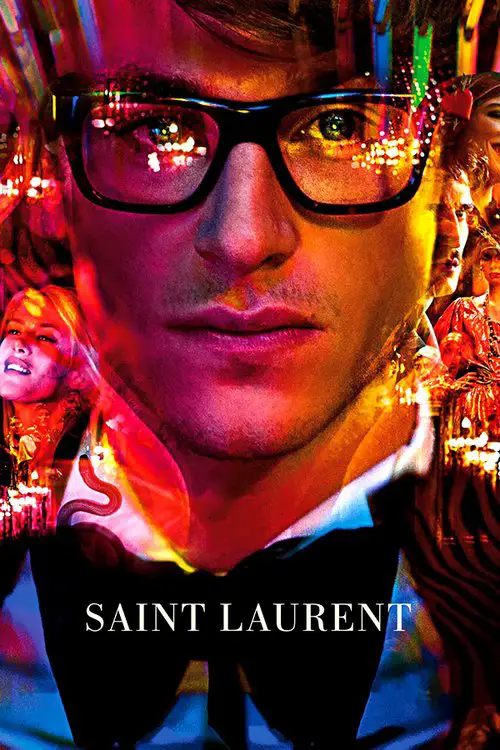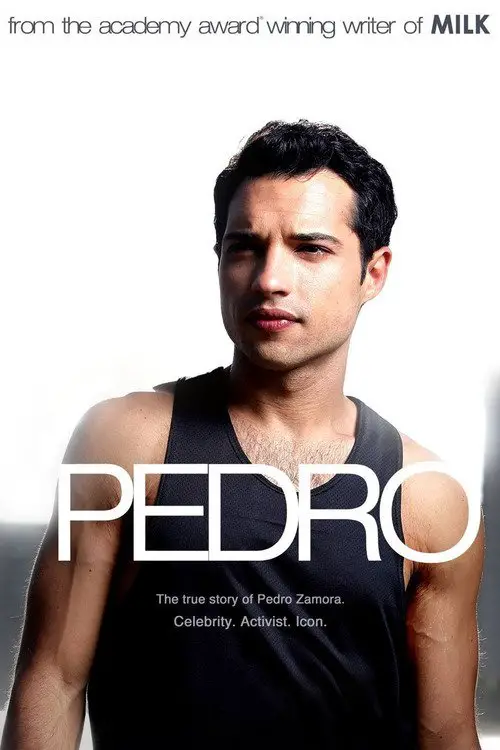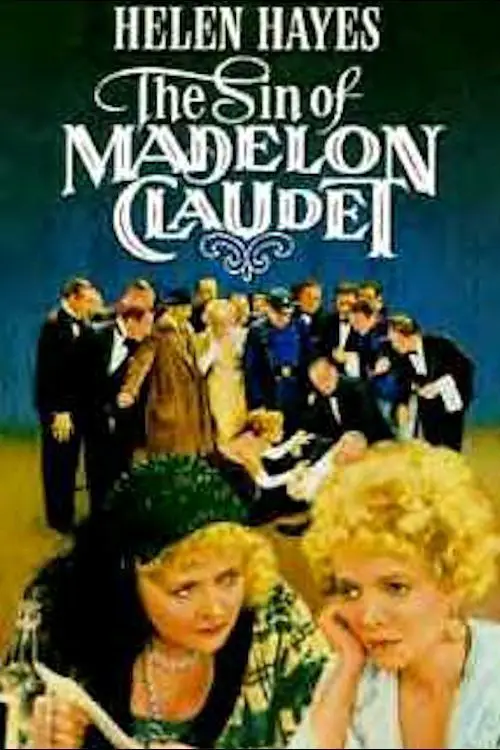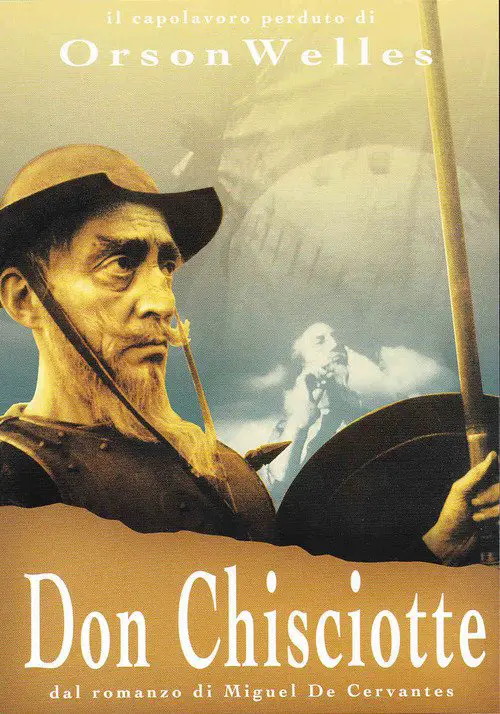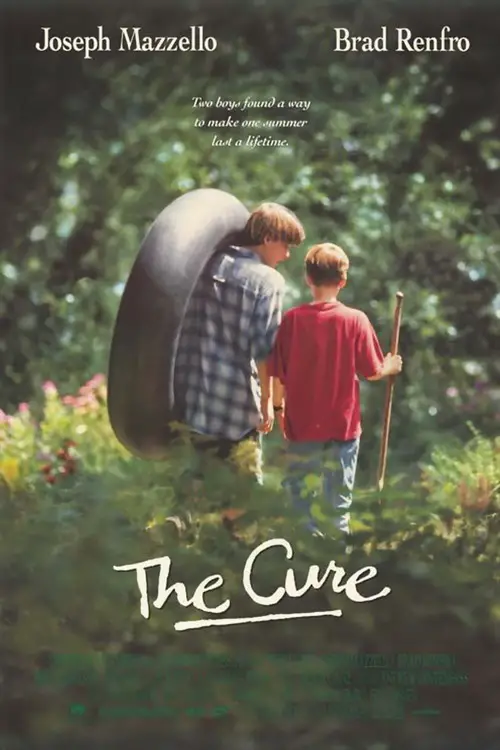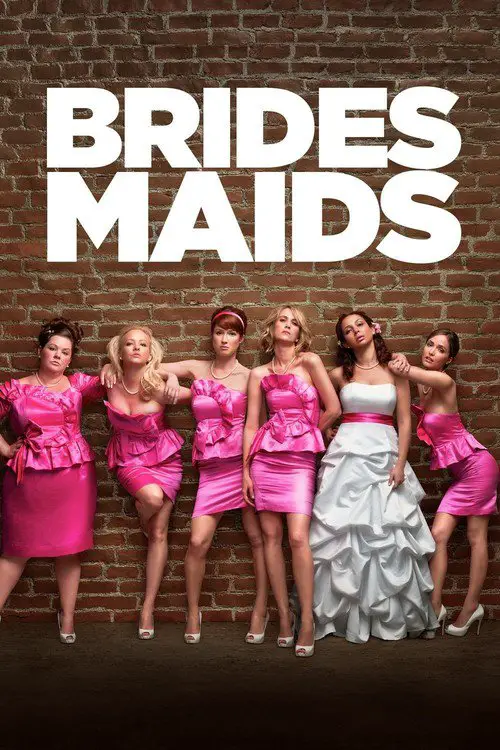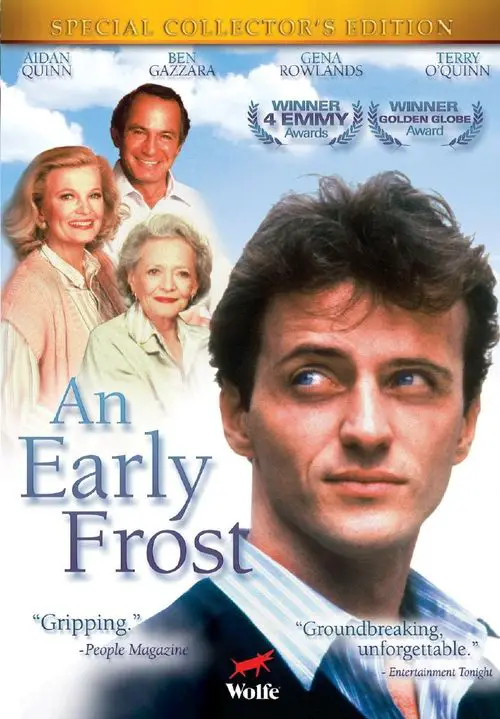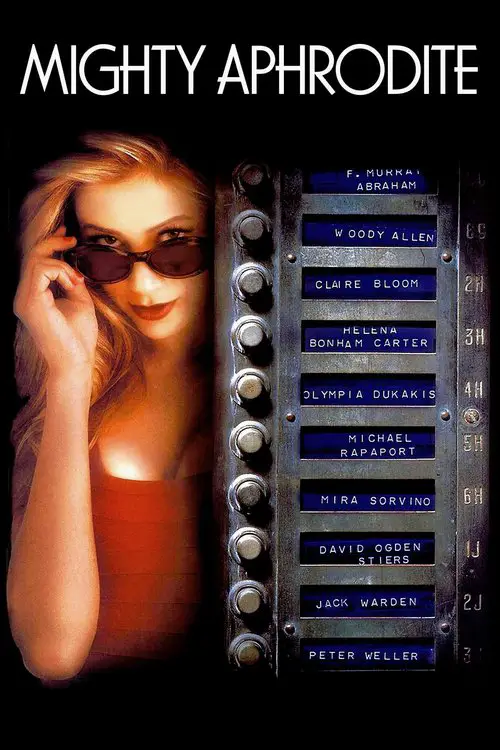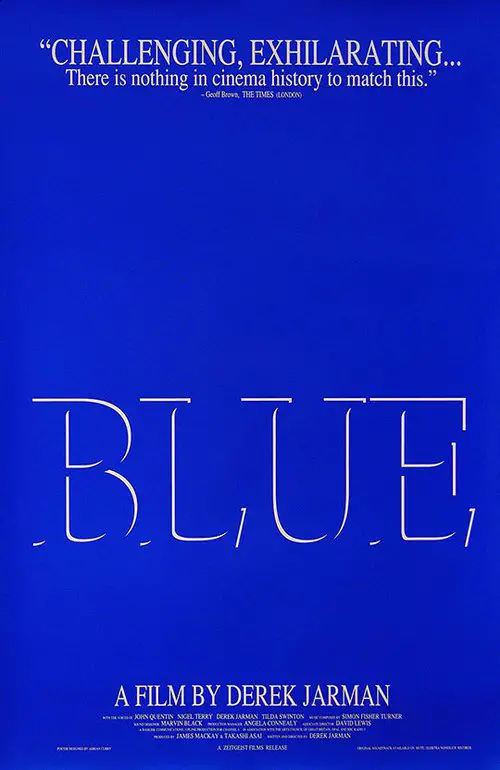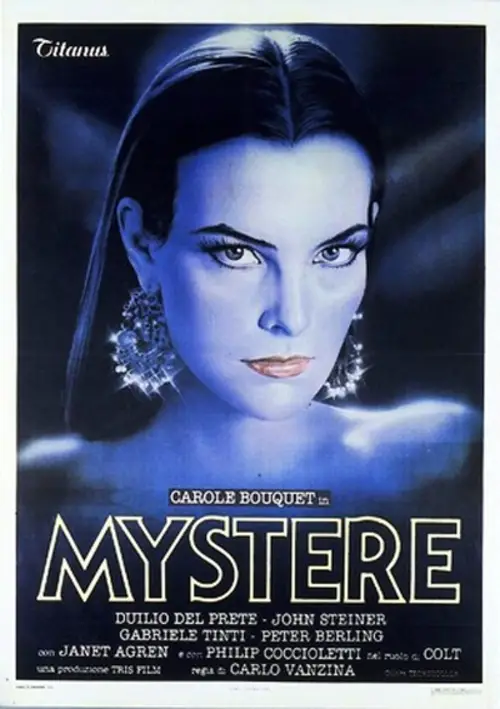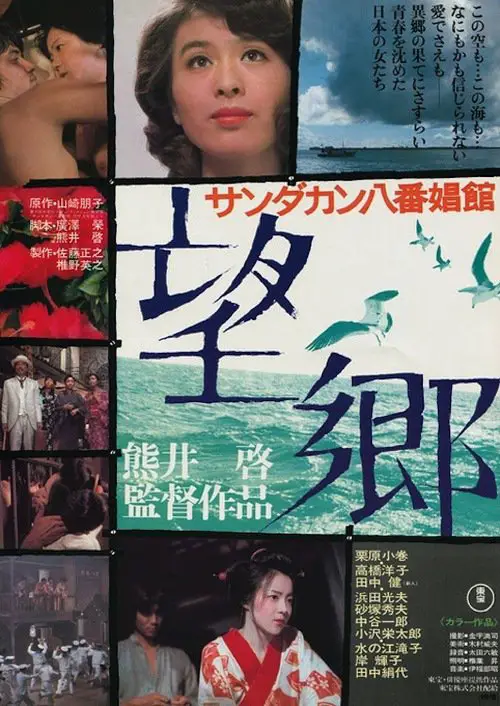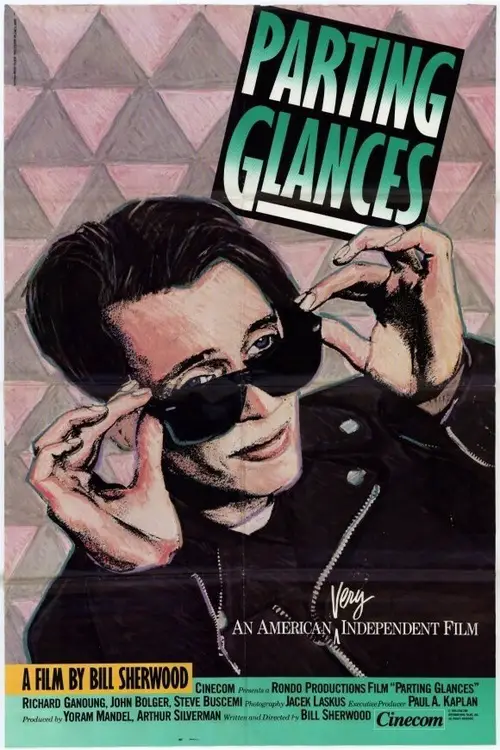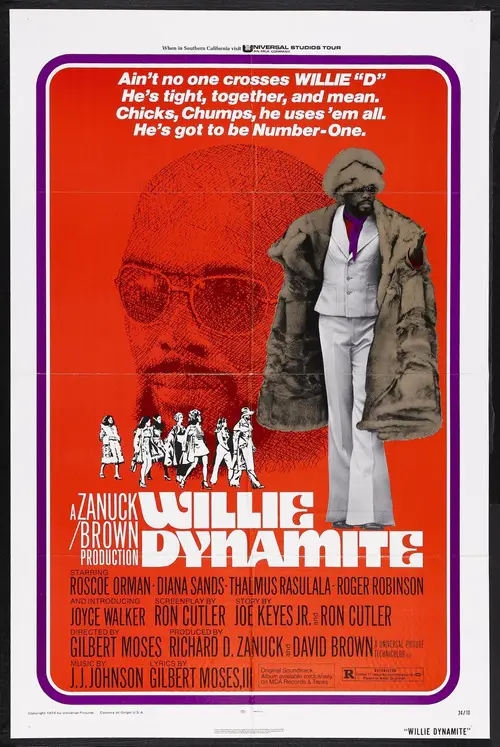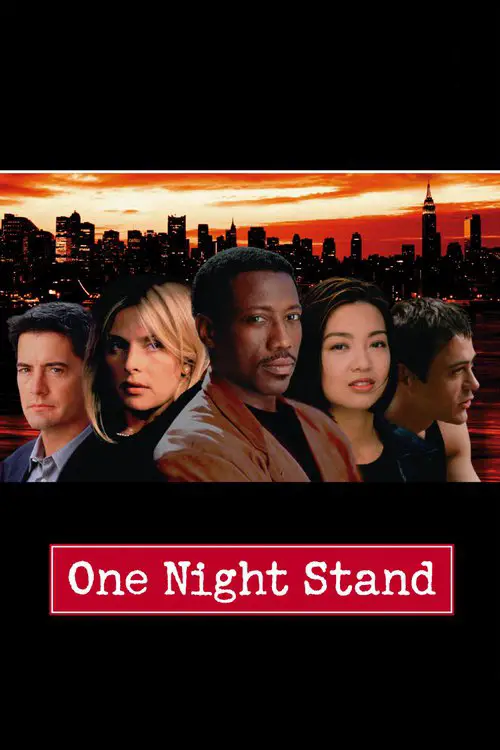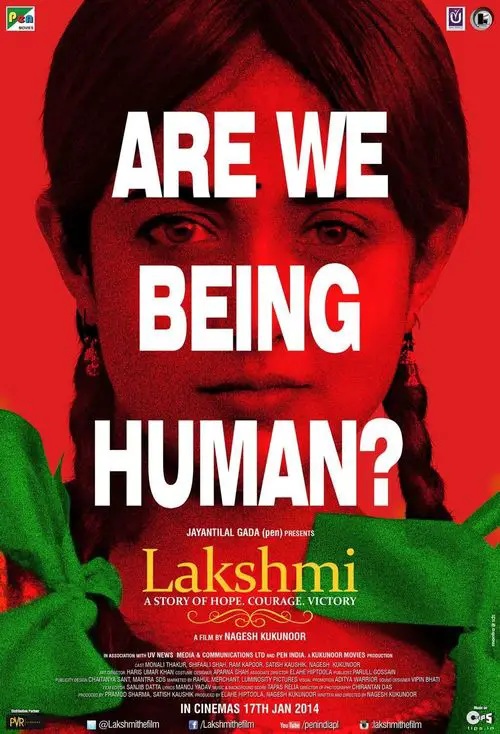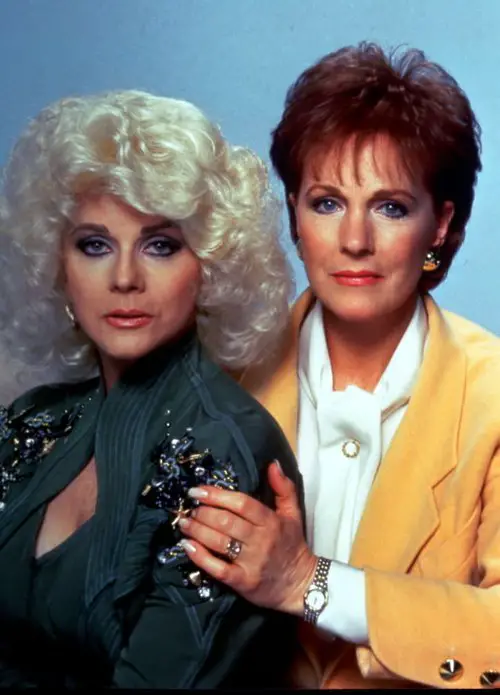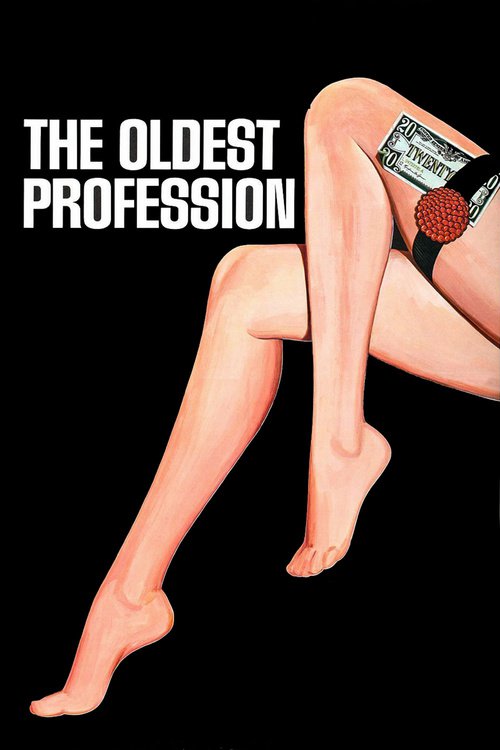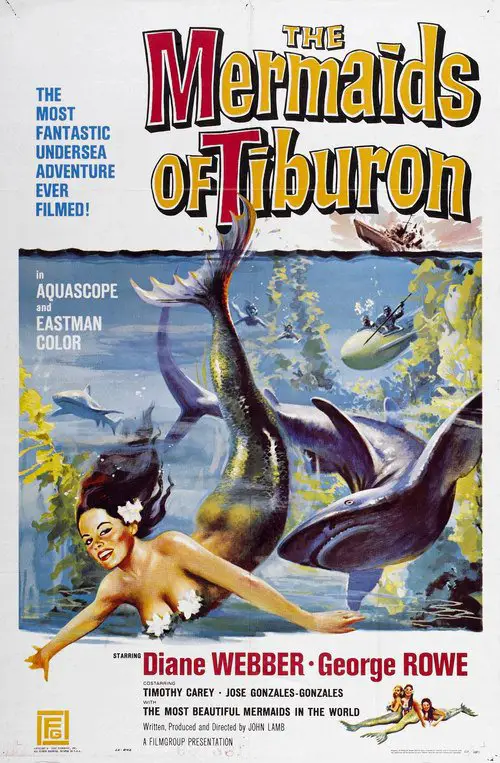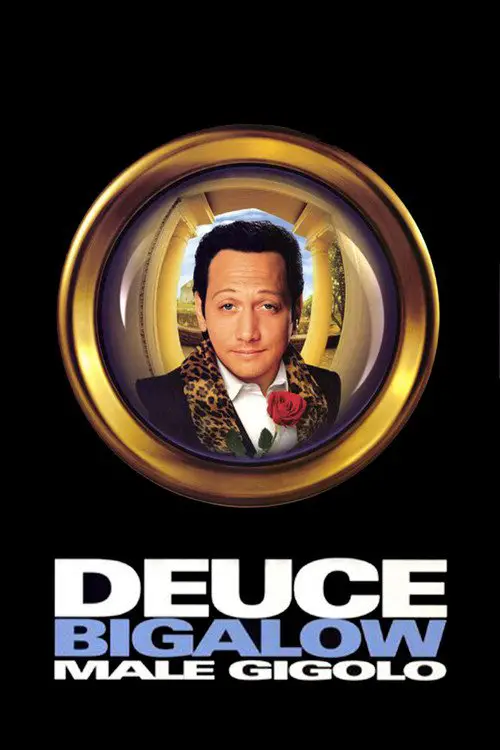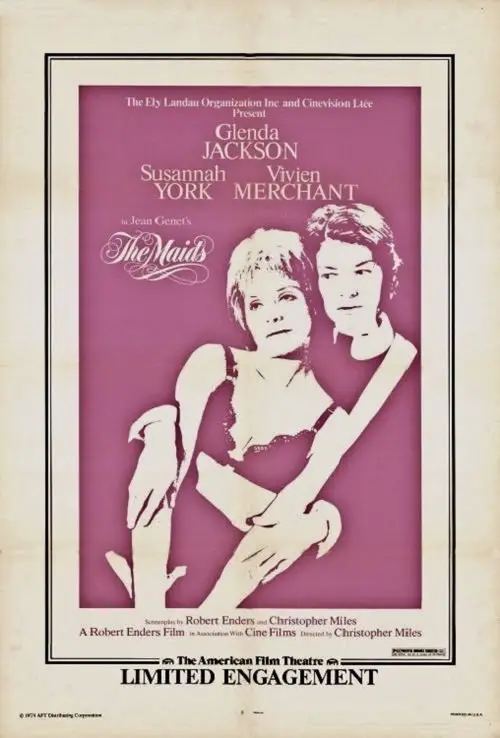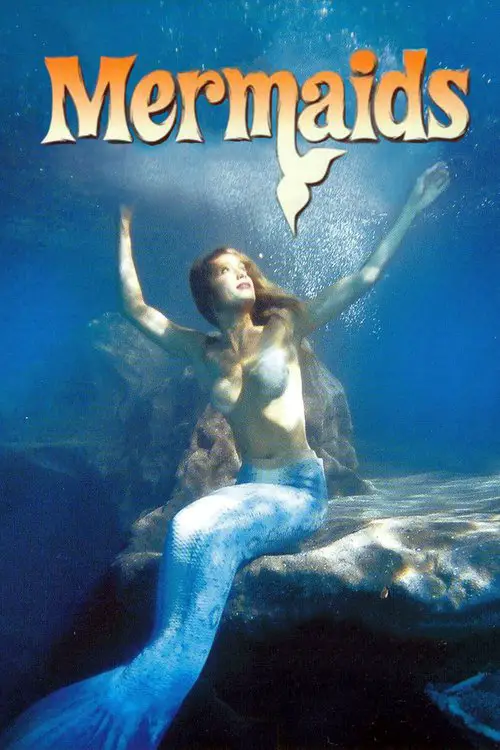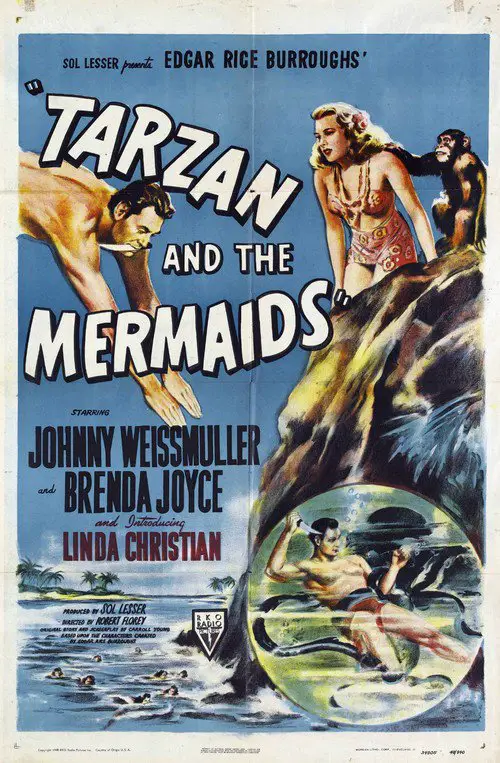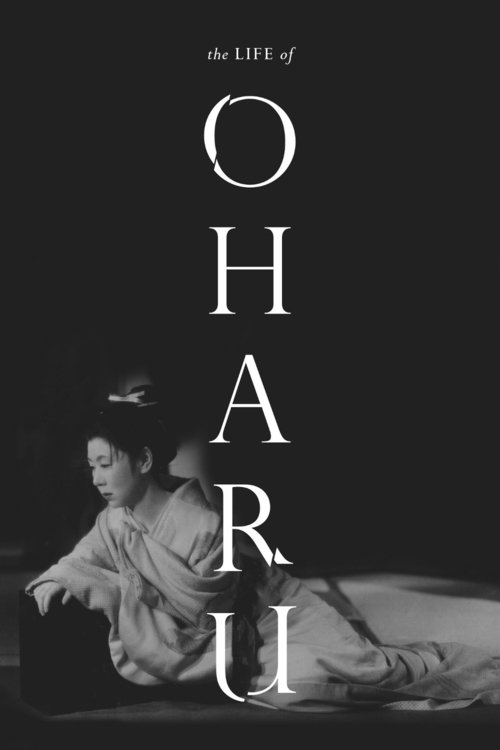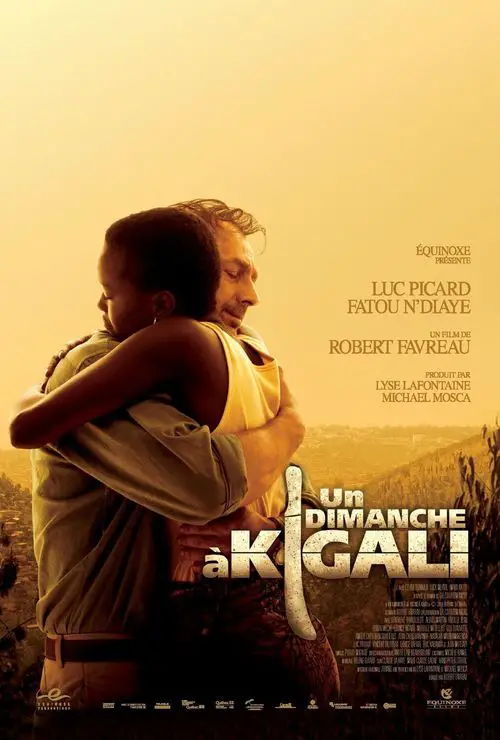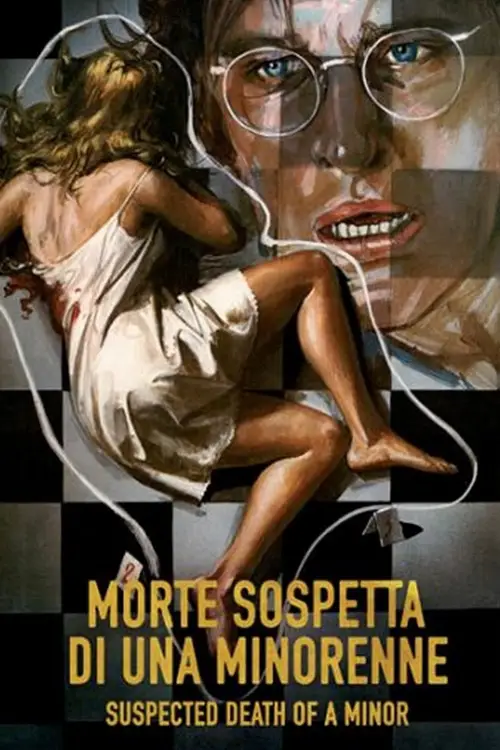Body Without Soul (1996)
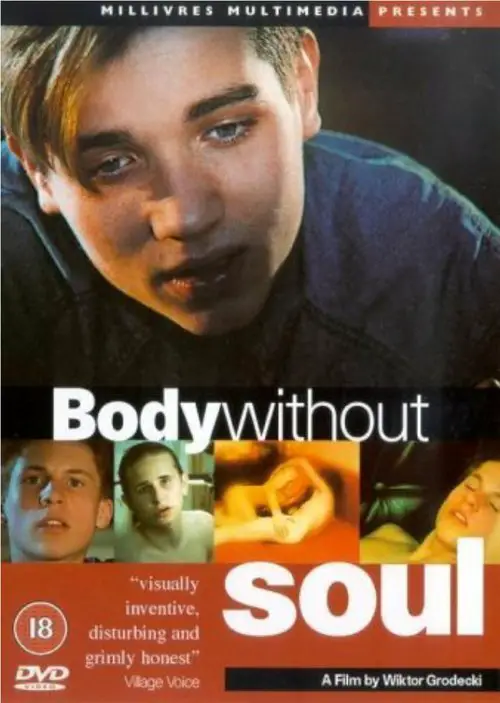
Similar movies
The academy award winning documentary depicting the lives of child prostitutes in the red light district of Songachi, Calcutta. Director Zana Briski went to photograph the prostitutes when she met and became friends with their children. Briski began giving photography lessons to the children and became aware that their photography might be a way for them to lead better lives.
'We Were Here' is the first film to take a deep and reflective look back at the arrival and impact of AIDS in San Francisco, and how the City's inhabitants dealt with that unprecedented calamity. It explores what was not so easy to discern in the midst of it all - the parallel histories of suffering and loss, and of community coalescence and empowerment.
Sex Positive explores the life of Richard Berkowitz, a revolutionary gay S&M hustler turned AIDS activist in the 1980s, whose incomparable contribution to the invention of safe sex has never been aptly credited. Mr. Berkowitz emerged from the epicenter of the epidemic demanding a solution to the problem before the outside world would take heed. Now destitute and alone, Mr. Berkowitz tells his story to a world who never wanted to listen.
Silence = Death is a 1990 documentary film directed, written and produced by Rosa von Praunheim. The film centers on the response of some New York City's artist to the AIDS epidemic. Interviewees includes East Village artist David Wojnarowicz, poet Allen Ginsberg, artists Keith Haring, Peter Kunz, Bern Boyle and many others. It is the first part of von Praunheim and Phil Zwicklerâs trilogy about AIDS and activism it was followed by Positive (the third part, about the Aids epidemic in Germany, was never released).
Longinotto's documentary is about Brenda Myers-Powell, who fights against sexual exploitation and supports prostitutes in Chicago. Brenda knows what she is talking about: her own story, involving teenage prostitution and a life of violence and abuse, is in stark contrast to her dauntless energy and optimism.
I Am Because We Are is a 2008 documentary film directed by Nathan Rissman and written, narrated, and produced by Madonna through her production company Semtex Films. The film documents the concern over the millions of orphans in the African country of Malawi who have lost parents and siblings to HIV and AIDS, many of whom live on the streets. The film also shows the efforts with Madonna's charitable organisation Raising Malawi in helping with improving their lives and conditions.
Portrays the lives of nine desperate teenagers. Thrown too young into a seedy grown up world, these runaways and castaways survive, but just barely. Rat, the dumpster diver. Tiny, the teen prostitute. Shellie, the baby-faced blonde. DeWayne, the hustler. All old beyond their years. All underage survivors fighting for life and love on the streets of downtown Seattle.
FIG TREES is a documentary opera about AIDS activists Tim McCaskell of Toronto and Zackie Achmat of Capetown as they fight for access to treatment drugs. Documentary interviews, speeches, press conferences and demonstrations are sampled, taken apart, and set to music, replayed this time as operatic scenes. A surreal fictional narrative is intercut with the stories of their struggles against government and the pharmaceutical industry. In this fictional world, Gertrude Stein decides to write a tragic opera about Tim and Zackie and their saint-like heroism. She kidnaps them, transports them to Niagara Falls, and forces them to sing a series of complicated avant-garde vocal compositions. However, when Zackie ends his treatment strike and starts taking his pills, Gertrude realizes that there will be no more tragedy, and thus, no more opera.
A Finished Life: The Goodbye & No Regrets Tour is a feature length documentary about Gregg Gour, a 48-year-old gay man with AIDS, who, when given six months to live, takes the road trip of his life. Gregg had been HIV positive for 24 years and during that time the side effects of the medications made him increasingly sicker than the virus itself. In the last several years he felt that his quality of life had diminished considerably, so he choose to go off his meds and no longer fight death. After giving away all of his belongings, Gregg buys an RV and travels across the United States with his dog, Cody, saying goodbye to family and friends who have to come to terms with Gregg's decision: That rather than suffer a long, painful death, he will end his own life before allowing the progressing illness to take away his independence.
Affectionate tribute to Bruce Vilanch, who writes material for celebrities who make public appearances, from Oscar hosts and award recipients to Presidents. We meet his mom and see photos of his childhood; in Chicago, he writes for the Tribune and then heads West. Whoopi Goldberg, Billy Crystal, Robin Williams, and Bette Midler talk with him and to the camera about working with Bruce, and we also watch Bruce help others prepare for Liz Taylor's 60th, Bill Clinton's 50th, and an AIDS awards banquet where the hirsute, rotund Vilanch lets his emotions show.
From the onset of the AIDS epidemic, author Larry Kramer emerged as a fiery activist, an Old Testament-style prophet full of righteous fury who denounced both the willful inaction of the government and the refusal of the gay community to curb potentially risky behaviors. Co-founder of both the service organization Gay Men's Health Crisis and the direct action protest group ACT UP, Kramer was vilified by some who saw his criticism to be an expression of self-hatred, while lionized by others who credit him with waking up the gay communityâand, eventually, the government and medical establishmentâto the devastation of the disease.
A nebbish of a morgue attendant gets shunted back to the night shift where he is shackled with an obnoxious neophyte partner who dreams of the "one great idea" for success. His life takes a bizarre turn when a prostitute neighbour complains about the loss of her pimp. His partner, upon hearing the situation, suggests that they fill that opening themselves using the morgue at night .
An intimate biopic of Pedro Zamora, an HIV-positive Cuban-American, who was cast for the MTV reality show, The Real World: San Francisco, in 1994. Due to his experience on the Real World, Pedro became a celebrity and a sympathetic face of the AIDS epidemic for millions of Americans who had never met anyone with HIV/AIDS.
After reading too many novels about knights and heroic stories, Don Quijote and his servant Sancho Panza decide to wander the roads of Spain to protect the weak and to accomplish good deeds. But the real world is not as magical and fairy as Don Quijote imagines it to be. Following the plot of Cervantes classical book, Don Quijote fights with windmills thinking they are giants but unluckily, he man
Dexter, age 11, who has AIDS, and his next door neighbor Eric, a little older and much bigger, become best friends. Eric also becomes closer to Dexter's mother than to his own, who is neglectful and bigoted and violently forbids their friendship upon learning of it. Dexter and Erik start the journey to find "The Cure" they had read about in the local newspaper.
A three-paneled look at the worldwide AIDS crisis: in Montreal, a porn actor (Ashmore) schemes to pass his mandatory blood test; a young nun (Sevigny) makes a personal sacrifice for the benefit of a South African village; in rural China, a black market operative (Liu) posing as a goverment-sanctioned blood drawer jeopardizes an entire village's safety
Three young boys pool their money and pay V, a kindhearted prostitute, to strip for them. Afterward, she drives them home to the suburbs -- but then her car breaks down. It's just as well, though, because a mobster named Waltzer is after her, and V realizes the suburbs are the perfect place to hide. But things get a lot more complicated when V falls in love with Tom, a single father who is unaware of her real profession.
Annieâs life is a mess. But when she finds out her lifetime best friend is engaged, she simply must serve as Lillianâs maid of honor. Though lovelorn and broke, Annie bluffs her way through the expensive and bizarre rituals. With one chance to get it perfect, sheâll show Lillian and her bridesmaids just how far youâll go for someone you love.
Set in the mid-eighties Michael Pierson, a young gay man, is struck with AIDS in the prime of his life. He's forced to be open about the disease and his homosexuality for the first time with his co-workers (he's a successful lawyer) and family. He, and the people around him, must face up to the inevitablity of his death and the disease that's killing him. "An Early Frost" was many people's first look at an AIDS victim as a human being instead of a statistic.
When Lenny and his wife, Amanda, adopt a baby, Lenny realizes that his son is a genius and becomes obsessed with finding the boy's biological mother in hopes that she will be brilliant too. But when he learns that Max's mother is Linda Ash, a kindhearted prostitute and porn star, Lenny is determined to reform her immoral lifestyle. A Greek chorus chimes in to relate the plot to Greek mythology in this quirky comedy.
Assassins are after a prostitute who has come into possession of a cigarette lighter that, unbeknownst to her, contains the negatives that show a politician's assassination. A delightfully playful giallo starring the beautiful Carole Bouquet as Mystère, a high class call girl who becomes the target for a couple of assassins.
After breaking up with her girlfriend, a nightclub singer, Jane, answers a personal ad from Robin, a real estate agent with AIDS, seeking a cross-country travel partner. On their journey from New York City to Los Angeles, the two stop by Pittsburgh to pick up Robin's friend Holly, who is trying to escape an abusive relationship. With three distinct personalities, the women must overcome their differences to help one another.
This rock opera tells the story of one year in the life of a group of bohemians struggling in modern day East Village New York. The story centers around Mark and Roger, two roommates. While a former tragedy has made Roger numb to life, Mark tries to capture it through his attempts to make a film. In the year that follows, the group deals with love, loss, AIDS, and modern day life.
In Los Angeles, Max Carlyle makes a good living directing commercials and has a happy home life with his wife, Mimi, and two children. When Carlyle travels to New York City to visit his friend Charlie, who has been diagnosed with AIDS, he has repeat run-ins with a beautiful woman, Karen, and eventually sleeps with her. Though he goes home the next day and doesn't return until a year later, Carlyle's infidelity still lingers.
Based on true events, Lakshmi is a story of heroism and untold courage. Lakshmi, a 13 year old girl is kidnapped and sold into prostitution. Thrown into this horrific, inhuman world where she is raped and brutally beaten she barely survives with the help of the other girls and her own will to never give in. Finally she is rescued in a police raid. Against all odds, Lakshmi shows courage where everybody else fails. Resisting all pressure - violent threats, coercion and bribes, she stands up in court and in a landmark case in India, succeeds in putting the traffickers behind bars.
Our Sons is a 1991 made-for-TV movie starring Julie Andrews and Ann-Margret as two mothers of gay sons, one of whom is dying of AIDS. As a small town waitress, Ann-Margret's character must overcome her own homophobia and learn to love her son unconditionally. In the process, she cements a lasting friendship with Andrews's character. The movie was inspired by the 1987 documentary Too Little, Too Late. Andrews' character is secretly homophobic, and Ann-Margret's character is openly homophobic. The dying son is played by Željko Ivanek; Hugh Grant plays his partner.
A collection of sketches on prostitution through the ages. 1) "The Prehistoric Era": A caveman discovers that a cavewoman is more attractive when cave paint is applied to her face. And she can earn more seashells that way. 2) "Roman Nights": The Emperor goes out seeking a little nocturnal amusement, only to find that the high-priced, Oriental courtesan he hires is his wife, the Empress. 3) "Mademoiselle Mimi": In revolutionary France, Mimi finds that her client, the nephew of a marquis, is more interested in watching the guillotinings out her window than he is in going to bed. 4) "The Gay Nineties": When Nini discovers by accident that her antiquated customer is a banker, she pretends to be an honest woman who has fallen in love with him. She even pays him, just like a gigolo! 5) "Paris Today": Two girls pick up clients by driving around in a car...
Based on the true story of two chambermaids (the Papin sisters) of 1930s France who murdered their employer and her daughter. Christine Papin (Sylvie Testud), and Léa Papin (Julie-Marie Parmentier) are sisters with an already troubled past. Madame Lancelin takes them into her home and employs the girls as maids. Christine sees in Madame Lancelin an ideal mother figure â in spite of her severity. But their wretched background â an indifferent mother and drunken abusive father â casts a shadow over the girls and over time their ill-fated situation darkens. The sisters withdraw into themselves and finish by committing the worst â killing Madame Lancelin and her daughter after six years of service, on the 2 February 1933 in Le Mans.
Deuce Bigalow is a less than attractive, down on his luck aquarium cleaner. One day he wrecks the house of a gigolo and needs quick money to repair it. The only way he can make it is to become a gigolo himself, taking on an unusual mix of female clients. He encounters a couple of problems, though. He falls in love with one of his unusual clients, and a sleazy police officer is hot on his trail.
A peerless chronicler of the soul who specialized in supremely emotional, visually exquisite films about the circumstances of women in Japanese society, Kenji Mizoguchi had already been directing movies for decades when he made The Life of Oharu in 1952. But this epic portrait of an inexorable fall from grace, starring the astounding Kinuyo Tanaka as an imperial lady-in-waiting who gradually descends to street prostitution, was the movie that gained the director international attention, ushering in a new golden period for him.
This is the story of Samantha Horton, a former Texas homecoming queen and physical therapist. When both she and her husband, Rex, are laid off from their jobs, Samantha accepts an offer to work at a massage studio in a nearby town, not realizing that the other staff members are actually prostitutes who service a clientele of wealthy and powerful businessmen. Eventually realizing what goes on behind closed doors, but desperate to provide for her family, Samantha goes along for the ride. But when the police raid the business and Samantha is arrested, she ends up as a key witness in the case â putting high-profile johns in handcuffs and bringing a small Texas town to its knees.
In April 1994, the middle-aged Canadian journalist Bernard Valcourt is making a documentary in Kigali about AIDS. He secretly falls in love for the Tutsi waitress of his hotel Gentille, who is younger than him, in a period of violent racial conflicts. When the genocide of the Tutsis by the Hutus in Rwanda begins, Bernard does not succeed in escaping with Gentille to Canada. When the genocide finishes in July 1994, Bernard returns to the chaotic Kigali seeking out Gentille in the middle of destruction and dead bodies. Written by Claudio Carvalho, Rio de Janeiro, Brazil
Police detective Paolo Germi and the mysterious Marisa meet each other at a dance hall. Germi is unsuspecting of the secret Marisa is carrying with her: adverse conditions forced her into prostitution. As Germi finds the young girl brutally murdered, he decides to go after her killers. During his investigation, he enters a world of intrigue and obfuscation that leave an endless trail of blood.
When millionaire wheeler-dealer Edward Lewis enters a business contract with Hollywood hooker Vivian Ward, he loses his heart in the bargain in this charming romantic comedy. After Edward hires Vivian as his date for a week and gives her a Cinderella makeover, she returns the favor by mellowing the hardnosed tycoon's outlook. Can the poor prostitute and the rich capitalist live happily ever after?
© Valossa 2015–2025
| Privacy Policy
